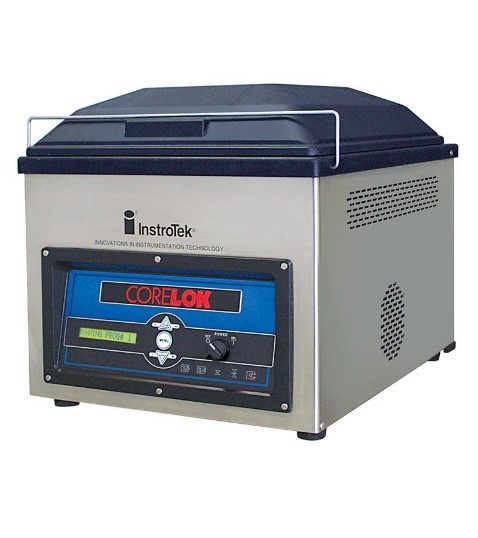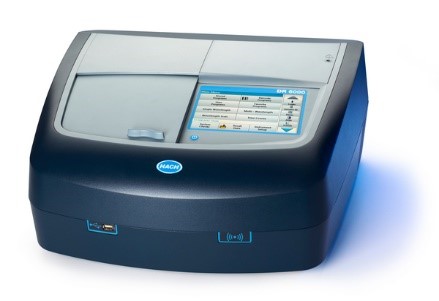The Department of Civil, Coastal, & Environmental Engineering is looking to enhance student understanding and experience with material properties, hydraulics, and water quality measurements to best prepare them for their careers. Three labs associated with key courses in the curriculum have been identified as needing some equipment updates. The needs for these labs are outlined below.
Construction Materials Lab 
The construction materials lab is used for improving the learning experience of both undergraduate and graduate students, by enhancing the diversity of skills in discovery, experimentation, data analysis, and critical thinking that are directly applicable to the construction material industries and state agencies. The equipment within this lab is used in several engineering courses including EG 315 Mechanics of Materials, CE 314 Civil Engineering Materials, CE315 Civil Engineering Materials Lab, CE490/590 Pavement Design, and CE490/590 Advanced Characterization of Transportation Materials. Needed enhancements to this lab include upgrading the lab’s dynamic shear rheometer with the addition of an Anton Paar 4-mm plate and inset providing the capability for students to measure the rheological properties of the asphalt binder using 4-mm sized sample. Adding a CoreLok’s asphalt density measurement system (pictured) to the lab will permit students to measure the specific gravity of asphalt mixtures and aggregate. As well, the addition of an indirect tensile machine will give students the capability to measure cracking performance of asphalt mixtures.
At this time, none of these capabilities are available to students. So, availability of the proposed equipment in lab, will substantially improve student’s knowledge base in asphalt materials, which will enhance their career interactions/designs with state DoTs and local government entities. In addition, the equipment will significantly strengthen the research capacity in asphalt and other materials research, and promote the collaboration with the asphalt industry.
Environmental Engineering Lab
The environmental engineering lab is used extensively as part of the required CE 374 Intro to Environmental Engineering Lab course, the CE 490 Water Chemistry course, and in research activity performed by Master’s students. Water quality analysis of various kinds are presented to students as a way to have them participate in experiments, analyze and evaluate data, and develop appropriate engineering solutions to environmental engineering problems (drinking water, wastewater, stormwater, etc.). Adding a Hach DR-6000 UV/Vis Spectrophotometer (pictured) to replace a machine that is nearly a decade old would provide the capability for students to make more comprehensive and accurate measurements using the latest technology available.
Hydraulics Lab
The hydraulics lab (CE 367) provides students with hands-on experience with systems that demonstrates the principles of fluid mechanics and their applications to civil infrastructure (water distribution, pumping, sewer collection, storm water drainage, etc.). A Fluid Mechanics Lab Module (US Didactic HM 150), with add-ons for Bernoulli experiments, weir Flow experiments, and flow measurement experiments will greatly enhance student exposure and understanding of basic fluid mechanics fundamentals that will better prepare them for the workforce.
Construction Materials Lab
| Item | Cost | Course(s) |
|---|---|---|
| Anton Paar 4-mm plate | $2,100 | CE 315 |
| Corelok, Asphalt S.G. | $7,500 | CE 315 |
| Indirect Tensile machine | $10,000 | CE 315 |
| TOTAL | $19,600 |
Hydraulics Lab
| Item | Cost | Course(s) |
|---|---|---|
| HM 150 experimental base unit | $9,000 | CE 367 |
| - Bernouli experiments (HM 150.07) | $1,000 | CE 367 |
| - Weir flow Experiments (HM 150.03) | $1,000 | CE 367 |
| - Flow measurements (HM 150.13) | $1,200 | CE 367 |
| TOTAL | $12,200 |
Environmental Lab
| Item | Cost | Course(s) |
|---|---|---|
| UV/Vis Spectrophotometer | $9,800 | CE 374 |
| Autoclave | $20,000 | CE 374 |
| TOTAL | $29,800 |



